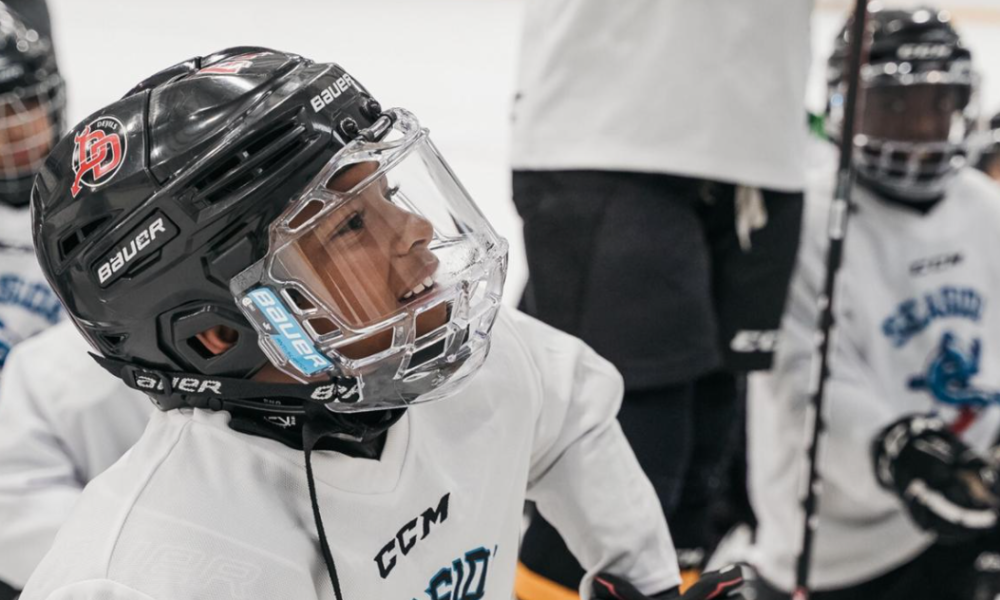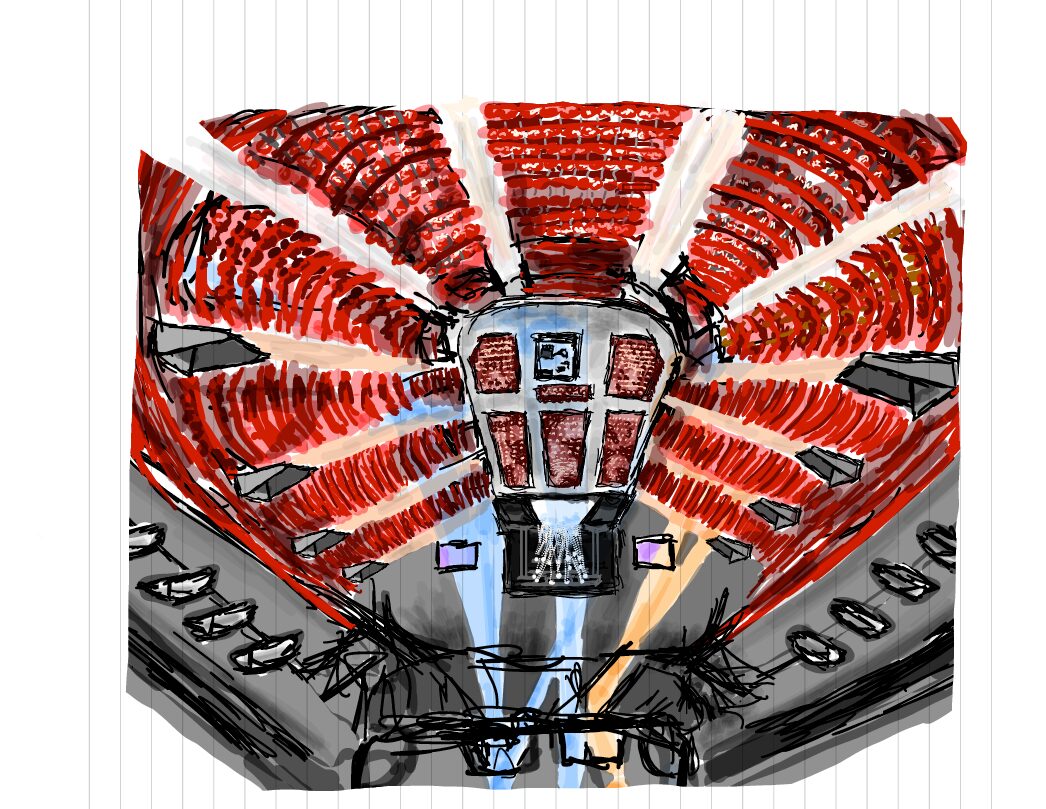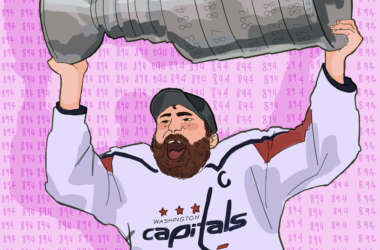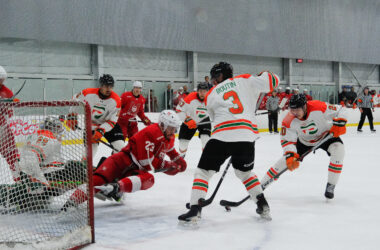Just days before the jersey retirement of Willie O’Ree on Jan. 18, the first Black player in the NHL, the professional hockey world was confronted with two appalling acts of racism. On Jan. 12, Montreal-born Boko Imama, a forward for the Tucson Roadrunners in the American Hockey League, was harassed by San Jose Barracudas forward Krystof Hrabik with a racist taunt. Shortly after, on Jan. 22, videos from an East Coast Hockey League game began circulating the internet, showing Jacksonville Icemen’s Jacob Panetta making “monkey gestures” toward South Carolina Stingrays defenceman Jordan Subban, while fans chanted racial slurs.
The next day, the NHL released a brief statement in response, calling the incidents “abhorrent.” But at what point do the NHL’s words lose their meaning? The league’s championing of the “Hockey is For Everyone” initiative has been heavily scrutinized by members of the Hockey Diversity Alliance (HDA), and for good reason: The NHL is failing to support its racialized players and actively campaign for anti-racism.
In their most recent initiative, the HDA launched the #TapeOutHate campaign to shed light the racism that permeates hockey culture. Current players Matt Dumba, Nazem Kadri, Wayne Simmonds, and Anthony Duclair, along with former Calgary Flame Akim Aliu, shared their encounters with racism within the sport. The commercial aired on Jan. 8, but the NHL and NHLPA’s decision not to take part in the campaign left the players unable to wear any NHL-licensed gear in the promotional material, leading many to question the NHL’s true priorities.
In a statement on Twitter, Boko Imama joined others in their criticisms, writing: “My hope is that people learn from this and that some day hockey will truly be for everyone.”
In a conversation with The McGill Tribune, Nathaniel Brooks, associate coach of the Ryerson Rams men’s hockey team, head coach of the Minor Bantam Don Mills Flyers, and founder of Direction Hockey, discussed his disappointment with the hockey community’s collective response to last week’s incidents.
“Everybody just needs to put their plans and their words into action,” Brooks said. “I feel like we’re in a time now where we go on social media, and we tweet something with the hashtag, and we feel like our work is done. But when you really, really look deeply, there’s not much action being taken.”
Following the incident with Subban, many news outlets took it upon themselves to write redemption narratives, often citing Panetta’s “lack of intent” in his defence. Debates over Panetta’s suspension from the rest of season in the comment sections of related posts have fostered animosity toward the targeted players. This media circus has, in turn, drawn attention away from Subban’s unequivocal account of Saturday’s events.
In contrast to the lack of action taken by the NHL at the community level, Brooks is working to create more dynamic and inclusive hockey programming in the Greater Toronto Area.
Seaside Hockey, founded by Brooks, his father Kirk Brooks, and former NHL member Anthony Stewart, is a program based out of Scarborough that works to make the sport more accessible.
“[Seaside is] the next step for us,” Brooks said. “I think everyone now is aware of the situations that certain individuals of colour get into playing the game. It’s time to take those experiences, take the resources that we’re gaining at the top level, and put it into the grassroots level to create that kind of safe zone for the kids coming in. We’re past the point of words, and it’s time to take action.”
The trickle-up effect of grassroots organizing is just as vital to diversifying hockey as the trickle-down initiatives at the university level. At McGill, across both the men’s and women’s hockey teams, there is only one Black player. Moreover, the Athletics and Recreation ran Equity, Diversity, and Inclusion (EDI) Focus Groups throughout 2021, but there has been a complete lack of action and transparency regarding their findings. McGill Athletics must do more to foster a more diverse hockey environment both at the university and within the Montreal community.









As a McGill alum (and McGill Tribune weekly columnist from 1994-1996), I applaud your efforts to cover this issue. I do wish to point out, however, that the Hockey Diversity Alliance is certainly committed to grassroots efforts at the “community level”. To this end we will be rolling out a significant pilot project in the Greater Toronto Area that will bring hockey to hundreds of BIPOC kids in marginalized communities. We’ve only been in existence for a year and COVID has had a significant impact on our ability to secure indoor rink time. Nathaniel and Kirk have been doing it for years and we applaud them! But the HDA is just getting started!
Sincerely, Ted Frankel, HDA Founding Board Member, Corporate Secretary and Senior Advisor (McGill B.A. 1997)